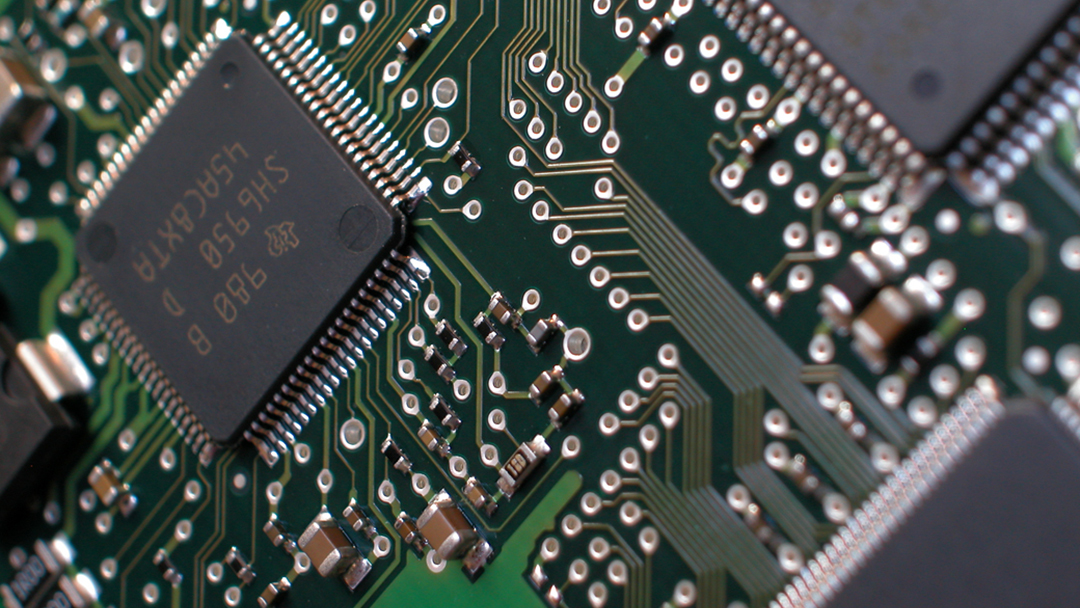Luos, a new operating system for embedded systems
Date:
Changed on 04/08/2022

The way in which electronic appliances are developed has never changed - it remains totally inflexible. Companies have to design everything from A to Z each time. This requires an awful lot in terms of skills, time and risks. These are the problems that have guided our research and development.
At Luos, we firmly believe that the best way of solving this problem is to make electronics “microservice-able”. In order to do so, we have created an opensource embedded system architecture that will make electronics universal, modular and scalable, enabling it to advance through distributed development. Having begun life within Inria and been granted funding as part of H2020, what we have developed is a distributed, simple and streamlined operating system that uses modularity in order to simplify and connect multiple components within the same microcontroller. With the technology developed by Luos, each microcontroller within the system is able to use each of the available functions. In this way, control over the network and data sharing become accessible irrespective of the position of the modules on the Luos network.
As is the case with all Saas (Software as a Service), we want companies to be able to focus on their “core business”, and not get bogged down with technical problems. That’s why we refer to ourselves as the “dockers” of electronics and embedded systems.
Our main challenge will involve ensuring that our technology is usable and used by all embedded developers. In order to achieve this, there are multiple tools we will need to develop, both online and in the embedded software system. We also have to fine-tune the way we respond to our clients’ business needs. We feel that if we are able to democratise our approach, this will make the development of hardware products far less complex than it is currently.
The world of embedded systems has to be structured in order to encourage the re-use of developments and avoid having to do everything again each time.
We have a very varied team. As we all come from different industrial sectors and have our own experience, we have successfully pooled our sometimes different skillsets in order to look and move forward in the same direction.
The technology and the foundations for our company were developed within the Flowers* project team, headed up by Pierre-Yves Oudeyer at the Inria Bordeaux-Sud-Ouest centre. Inria is now supporting Luos through technology transfer, which will make it possible to develop as a company and tackle real-life industrial challenges.
* Flowers is a joint project-team of Inria and ENSTA ParisTech within the Computer Science and Systems Engineering research unit of ENSTA ParisTech and the Inria Bordeaux-Sud-Ouest research centre.